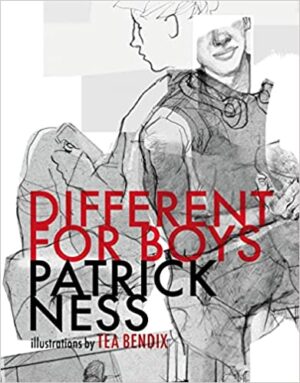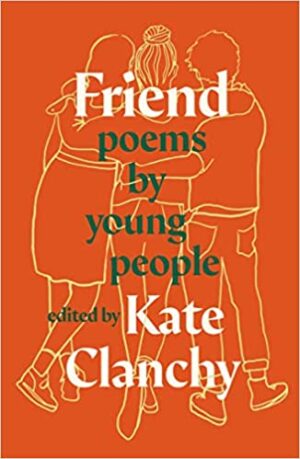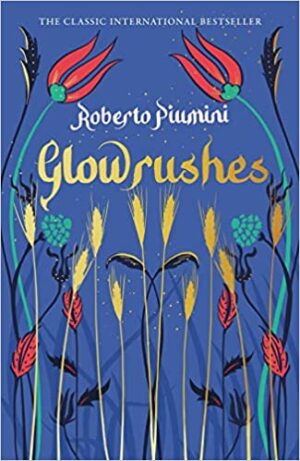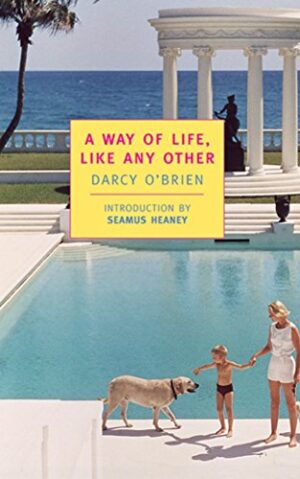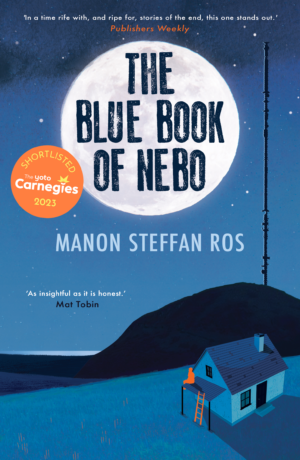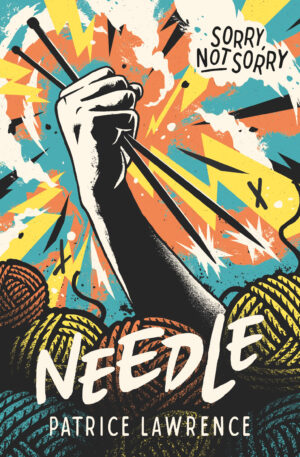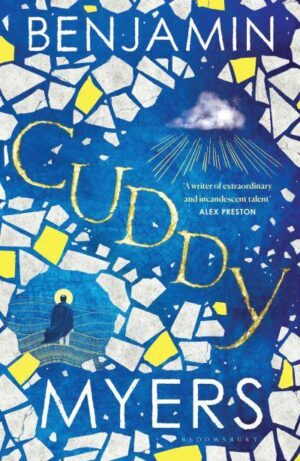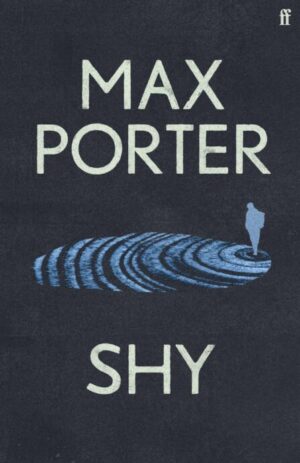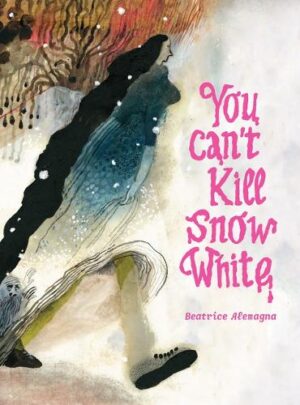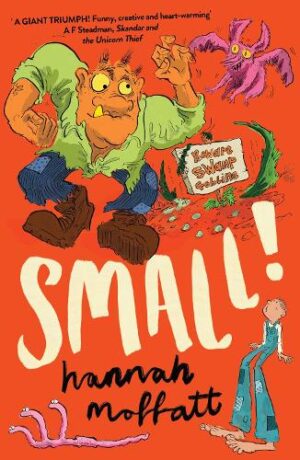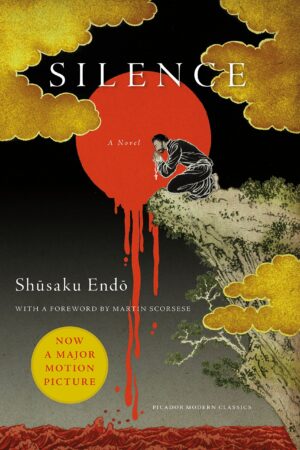
Review by Kirstin
Cursed Bread
A beguiling and erotically charged mystery
Cursed Bread by Sophie Mackintosh is a wonderfully enigmatic and mesmerising read, by an author whose presence sings from the Granta Best Young British Novelists 2023 list. An acknowledged purveyor of disquieting fiction, here Mackintosh introduces us to Elodie, a frustrated baker’s wife in post-war provincial France. Spending her days mired in gossip and domesticity, the bored young woman is ripe for seduction. It comes in the form of a dashing young ambassador and his wife, the beautiful and damaged Violet, their arrival heralding a sultry, sexy summer, and a rash of darkly peculiar goings on.




